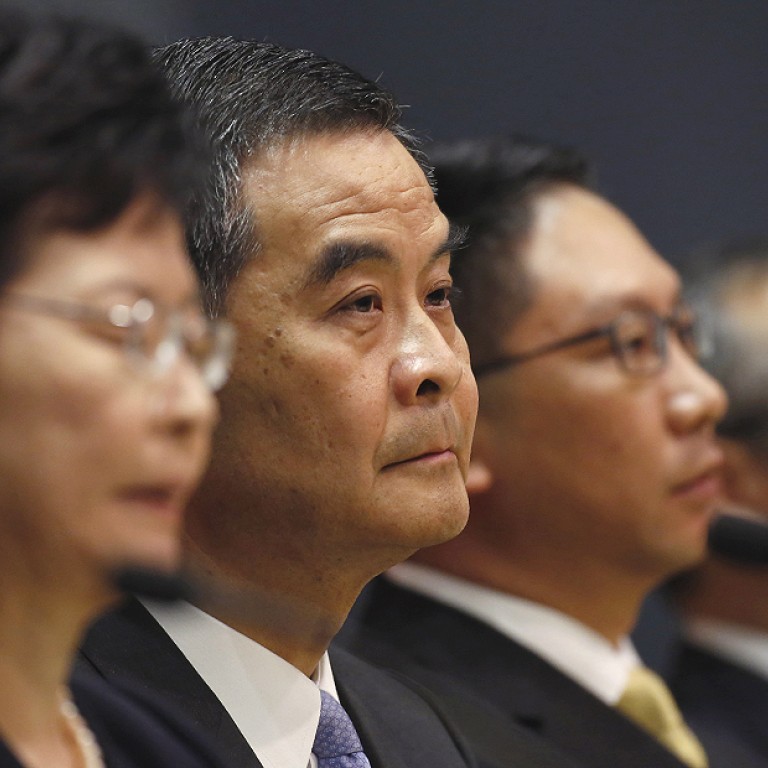
Electoral form needs wisdom and courage
Hong Kong has moved another step towards universal suffrage. Chief Executive Leung Chun-ying yesterday formally launched the five-step process for political reform by submitting a report to Beijing's top legislature.
Hong Kong has moved another step towards universal suffrage. Chief Executive Leung Chun-ying yesterday formally launched the five-step process for political reform by submitting a report to Beijing's top legislature. Separately, the government has summed up the views received during a public consultation, offering the first glimpse of what may be the way forward.
It is in Beijing and Hong Kong's interest to focus on what is legally and politically acceptable, and to come up with a consensus on the detailed electoral arrangements.
Although the controversial idea of public nomination has yet to be rejected, the government's intention could not be clearer. In his report to the National People's Congress Standing Committee, Leung said the mainstream view was that the Basic Law makes clear that the power to nominate the chief executive candidates is vested with the nominating committee only; and that such power must not be undermined. He also did not recommend major changes for the legislature in 2016. While this is understandable, it may fuel more political controversies.
The tone is widely seen as paving the way for Beijing to formally rule out public nomination while laying out the framework for the 2017 reforms. This will inevitably bring forward Occupy Central - an act of civil disobedience aimed at pressuring Beijing for more democracy. The action, coming as it will after the July 1 mass protest and an unofficial ballot on reform proposals, will raise the political stakes even higher. Escalating tension is hardly conducive to negotiation and consensus building.
Like it or not, the reforms have to conform to the constitutional framework. Public nomination is, after all, a concept to enhance public participation in the electoral process. It makes sense to start discussing ways to form a nominating committee that can enhance representativeness and participation. Dwelling on the unrealistic is bound to be futile.
More difficult steps will be needed to reach the 2017 goal posts. These include drawing up proposals that can win support from Beijing and the community and, above all, two-thirds of the legislature. As Leung said, forging consensus in political crevices requires courage and wisdom. Beijing and the pan-democrats should set aside their differences and resume dialogue. Only through compromise can consensus be built.

